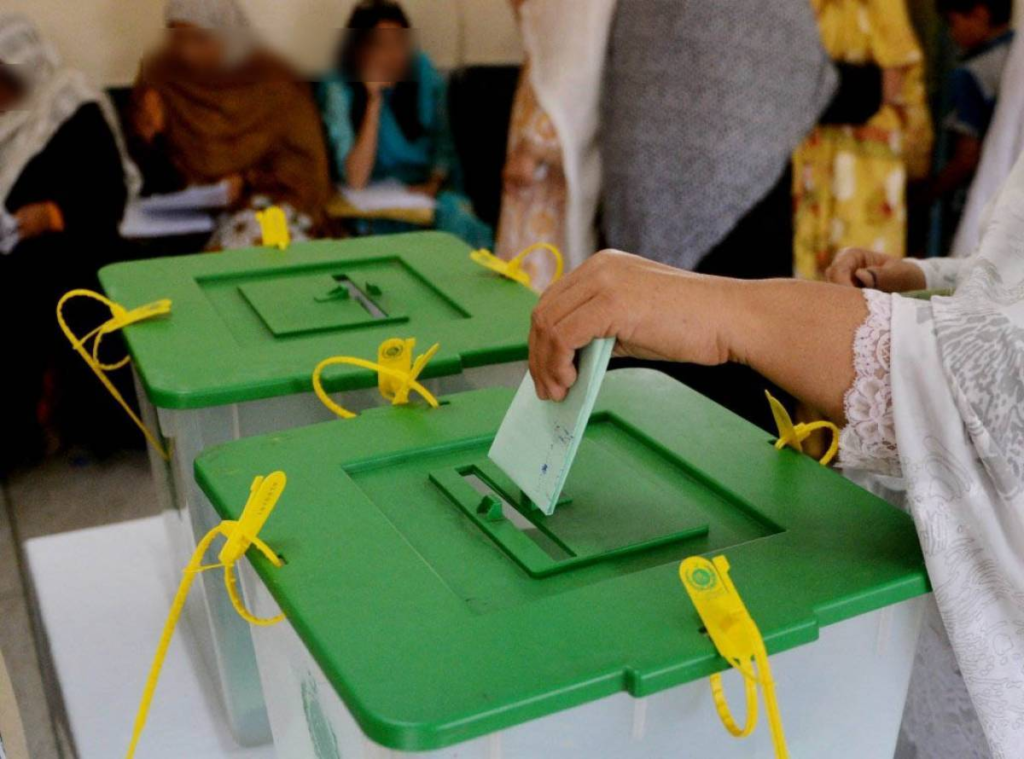ISLAMABAD: The Election Commission of Pakistan (ECP) has issued clarifications regarding its preliminary delimitations report in response to concerns raised by the monitoring group Free and Fair Election Network (Fafen).
In a statement, the ECP stated that Fafen’s analysis of the initial constituencies was “flawed” and stemmed from a misunderstanding of the criteria used for seat distribution. The ECP clarified that it had made modifications to merge several districts in order to achieve balanced population representation and reallocate the number of seats for both the national and provincial assemblies across different districts.

The ECP explained that it had allocated 266 National Assembly seats to provinces based on population. However, Fafen’s misunderstanding incorrectly treated provinces, rather than districts, as the unit for seat allocation, leading to confusion.
The Elections Act 2017 covers constituency rules in Section 20, as pointed out by the ECP. The initial constituency report explains the rationale for constituency changes.
Additionally, the ECP emphasized that recent amendments to the Elections Act 2017, including a new provision in Section 20(3), no longer required the commission to “strictly adhere” to current district boundaries when such adherence would result in a population variance exceeding 10 percent. This change aims to ensure more equitable elections.
Fafen Report Reveals Alarming Population Variation In Constituencies
Earlier, The Free and Fair Election Network (Fafen) revealed that over one-fifth of the constituencies surpassed the 10% population variation, as suggested by the Election Commission of Pakistan (ECP) in its draft delimitation. This undermines the principle of equal suffrage, as endorsed by Parliament through recent amendments to the Elections Act, of 2017.
According to Fafen, the proposed 180 constituencies for national and provincial assemblies do not meet the legally desirable 10% population variation. These amendments, enacted in August 2023, expected the Election Commission to disregard district boundaries to ensure population variation within constituencies does not exceed 10%. The Fafen determines this variation by comparing the constituency population to the average population per assembly seat, also known as the quota per seat.
Fafen explained that the quota is calculated by dividing a province’s population, as per the last officially published census, by the number of its seats in national or provincial assemblies, as per the Constitution. For the National Assembly and provincial assembly constituencies, quotas were specified for various regions, such as Khyber-Pakhtunkhwa, Islamabad Capital Territory, Punjab, Sindh, and Balochistan.


